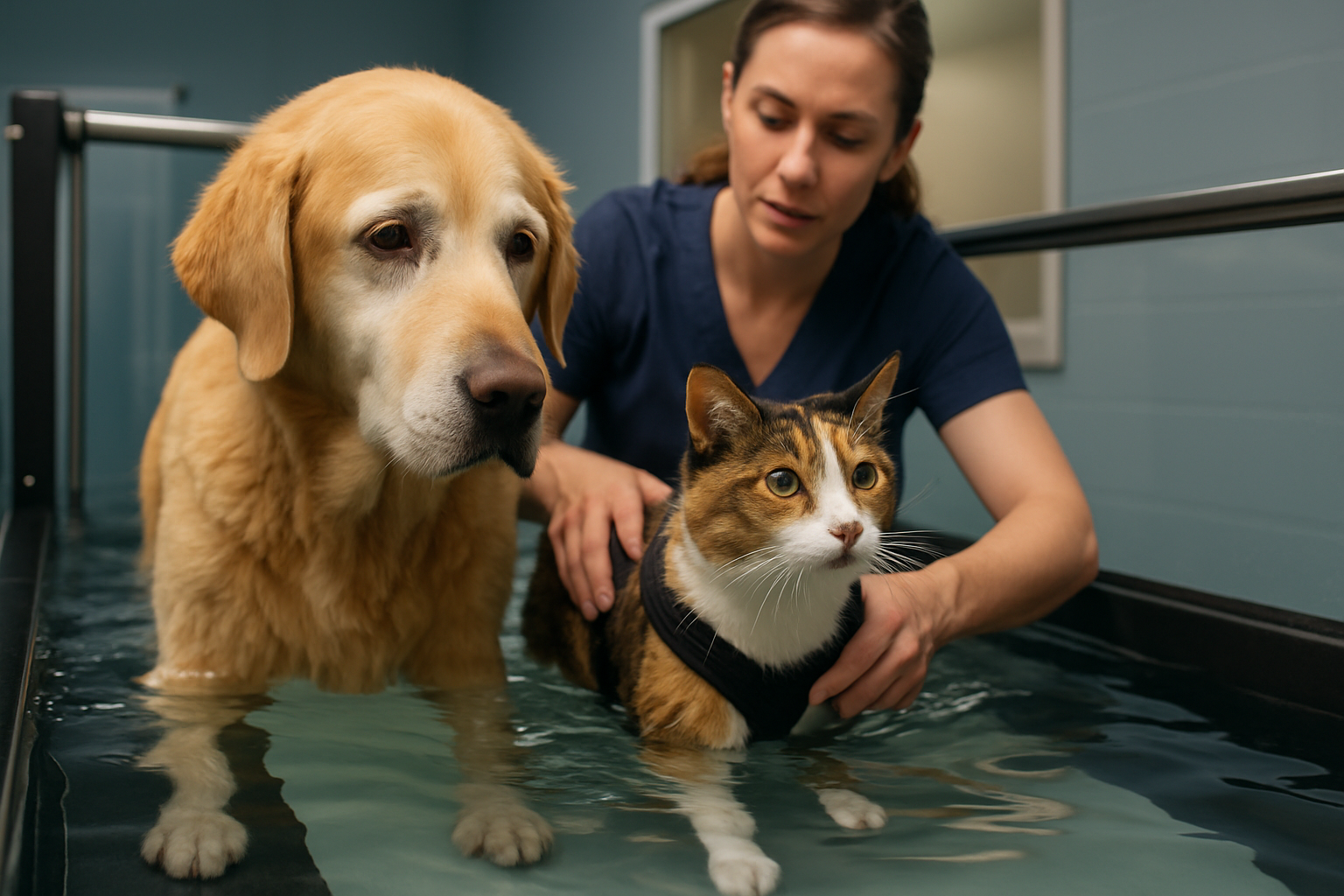How Regular Routines Support Long-Term Animal Health
Establishing consistent daily routines for your pets plays a vital role in maintaining their physical health, emotional stability, and overall quality of life. From feeding schedules to exercise patterns, structured habits help prevent behavioral issues, reduce stress, and enable early detection of health problems. This article explores how implementing regular routines can significantly improve your pet's long-term wellness and strengthen the bond between you and your animal companion.

Pets thrive on predictability and structure. Whether you care for dogs, cats, birds, or other companion animals, maintaining consistent daily routines creates a foundation for optimal health outcomes. Regular schedules help regulate biological functions, reduce anxiety, and make it easier to monitor changes that might indicate underlying health concerns.
Tips for Healthy Pets
Implementing healthy habits starts with understanding your pet’s specific needs. Different species and breeds require varying levels of activity, nutrition, and mental stimulation. Dogs generally need daily walks and playtime, while cats benefit from interactive toys and vertical spaces for climbing. Smaller animals like rabbits or guinea pigs require consistent cage cleaning schedules and appropriate socialization time.
Feeding at the same times each day helps regulate digestion and metabolism. This consistency makes it easier to notice appetite changes that could signal illness. Fresh water should always be available, and food portions should match your pet’s age, size, and activity level. Regular grooming sessions, whether brushing fur, trimming nails, or cleaning ears, become less stressful when performed on a predictable schedule.
Veterinary check-ups should occur at recommended intervals, typically annually for healthy adult pets and more frequently for young, senior, or animals with chronic conditions. Vaccinations, parasite prevention, and dental care form essential components of preventive health maintenance.
How to Care for Pets
Effective pet care extends beyond meeting basic physical needs. Mental stimulation prevents boredom-related behavioral problems and supports cognitive health, particularly in aging animals. Puzzle feeders, training sessions, and rotating toys keep minds engaged and active.
Sleep patterns matter significantly for pet health. Most dogs sleep 12-14 hours daily, while cats may rest 15-20 hours. Providing quiet, comfortable sleeping areas away from household traffic helps ensure quality rest. Maintaining consistent bedtimes and wake times aligns with natural circadian rhythms.
Environmental enrichment tailored to species-specific behaviors promotes wellbeing. Birds need opportunities for flight or wing exercise, reptiles require appropriate temperature gradients and hiding spots, and fish benefit from properly maintained water conditions with adequate filtration.
Socialization routines help pets develop confidence and reduce fear-based reactions. Gradual, positive exposure to various people, animals, sounds, and environments during formative periods creates well-adjusted companions. For adult animals, maintaining regular social interactions prevents isolation-related stress.
Understanding Pet Health Needs
Recognizing normal baseline behaviors makes identifying health changes easier. Pet owners who observe their animals daily can detect subtle shifts in energy levels, eating habits, elimination patterns, or mobility that warrant veterinary attention.
Species-specific health considerations require attention. Brachycephalic dog breeds face respiratory challenges requiring careful temperature management, while certain cat breeds show predispositions to kidney disease necessitating hydration monitoring. Exotic pets often have specialized dietary requirements that differ significantly from traditional companion animals.
Weight management significantly impacts long-term health outcomes. Obesity contributes to diabetes, joint problems, and cardiovascular issues across species. Regular weigh-ins and body condition assessments help maintain ideal weight ranges. Adjusting food portions and activity levels prevents gradual weight gain that often goes unnoticed.
Dental health affects overall wellbeing more than many owners realize. Periodontal disease causes pain, difficulty eating, and can lead to systemic infections affecting vital organs. Regular tooth brushing, dental chews, and professional cleanings maintain oral health.
Daily Routines for Pet Wellness
Structured daily schedules benefit both pets and their caregivers. Morning routines might include feeding, bathroom breaks for dogs, litter box checks for cats, and brief health observations. Midday activities could involve play sessions, walks, or simply spending quiet time together.
Evening routines signal winding down for the day. Final bathroom opportunities, light play, and settling into sleeping areas help pets transition to rest periods. Consistency in these patterns reduces anxiety and creates security through predictability.
Exercise requirements vary widely among species and individuals. High-energy breeds need substantial daily activity, while senior animals benefit from gentler, shorter sessions. Mental exercise through training or problem-solving activities complements physical movement.
Medication schedules, when necessary, integrate more smoothly into established routines. Administering treatments at consistent times improves compliance and effectiveness. Associating medication with positive experiences like treats or affection reduces resistance.
Regular routines also benefit multi-pet households by establishing clear expectations and reducing competition or conflict. Separate feeding stations, individual attention periods, and designated spaces help each animal feel secure.
Seasonal adjustments to routines accommodate changing weather conditions. Summer schedules might shift walks to cooler morning or evening hours, while winter routines ensure adequate indoor activity when outdoor time decreases. Monitoring temperature-sensitive species becomes particularly important during extreme weather.
Tracking routines through journals or apps helps identify patterns and provides valuable information for veterinary consultations. Recording feeding amounts, elimination frequency, activity levels, and behavioral observations creates comprehensive health records.
Conclusion
Consistent daily routines form the cornerstone of responsible pet ownership and long-term animal health. By establishing predictable schedules for feeding, exercise, grooming, and veterinary care, pet owners create environments where animals feel secure and thrive. These structured approaches facilitate early problem detection, reduce stress-related behaviors, and strengthen the human-animal bond. Whether caring for traditional companion animals or more exotic species, commitment to regular routines demonstrates dedication to providing the highest quality of life for the animals entrusted to our care. The investment of time and attention to maintaining these patterns yields rewards through healthier, happier pets and the deep satisfaction of meeting their needs comprehensively.




